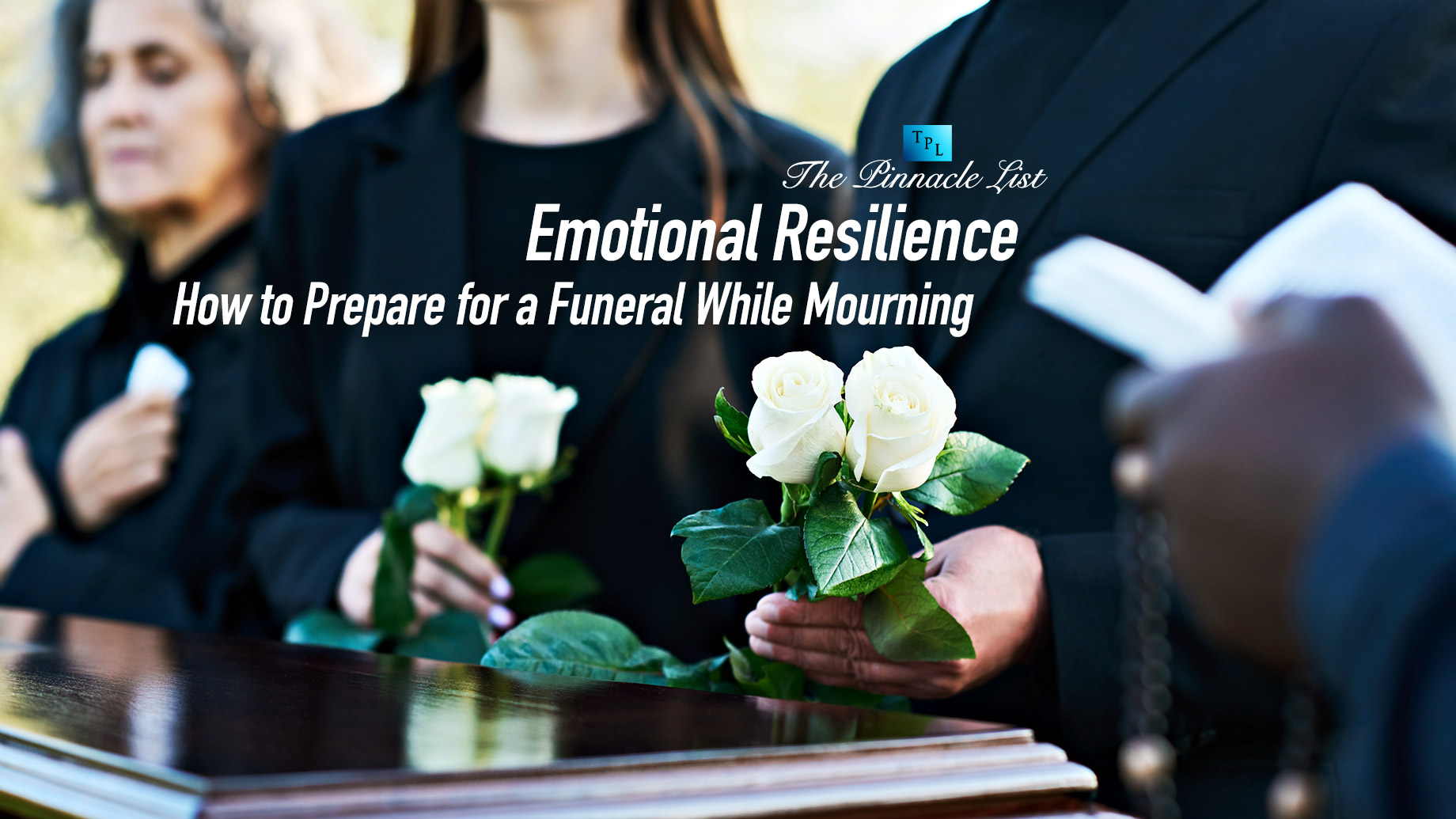
Losing a loved one is an overwhelming experience. It brings with it a storm of emotions that can be difficult to navigate, especially when you’re also tasked with planning a funeral. This dual challenge requires not only courage but also emotional resilience the ability to manage your grief while fulfilling responsibilities. In this article, we will guide you through practical steps to balance your emotions and tasks during this difficult time.
Understanding Emotional Resilience in Times of Grief
Emotional resilience is the capacity to adapt and cope in the face of adversity, such as losing a loved one. It’s not about suppressing grief but finding ways to manage it effectively. Grieving individuals often experience a range of emotions sadness, anger, guilt, and exhaustion. Acknowledging these feelings is the first step toward resilience. Recognize that mourning is a process and that it’s okay to seek help while dealing with the responsibilities of funeral planning.
Consulting with Jackson Lytle & Lewis Funeral Home and other professionals can provide valuable guidance during this difficult time, ensuring that all arrangements are handled with care and sensitivity. Leaning on experienced experts allows you to focus on honoring your loved one’s memory while navigating the grieving process.
Practical Steps for Funeral Preparation Amid Grief
Seek Support
Funeral planning doesn’t have to be a solitary endeavor. Enlist the help of family, friends, or professionals. Sharing tasks not only eases your burden but also allows loved ones to contribute to honoring the deceased. If you’re unsure where to begin, cremation services in Brandon can help you with arrangements, offering both expertise and emotional support during this time.
Create a Checklist
Organizing your tasks into a checklist can provide clarity and reduce the feeling of being overwhelmed. Include essentials such as:
- Contacting a funeral home.
- Coordinating with clergy or celebrants.
- Arranging transportation for family and guests.
- Planning the service details, including music, readings, and flowers. Having a clear plan allows you to stay focused and ensures no important details are overlooked.
Take Breaks
Grief is exhausting, and it’s vital to take breaks. Pausing to rest, breathe deeply, or go for a short walk can help rejuvenate your mind. These small acts of self-care provide the strength needed to continue planning.
Communicate Openly
Planning a funeral often involves multiple family members, each with their own emotions and opinions. Open communication is key to avoiding misunderstandings. Be transparent about your decisions and listen to others’ perspectives. If conflicts arise, focus on the shared goal of honoring your loved one.
Managing Grief While Staying Organized
Acknowledge Your Feelings
Suppressing grief can lead to emotional burnout. Instead, acknowledge your feelings and allow yourself to mourn. Journaling or speaking with a trusted friend or counselor can provide an outlet for your emotions, helping you process your loss while staying functional.
Honor the Deceased
Focusing on meaningful tributes can bring a sense of purpose to funeral planning. Consider writing a heartfelt eulogy, creating a photo memory board, or planning a personalized service that reflects the deceased’s life and values. These acts of remembrance can be cathartic and help channel your emotions positively.
Lean on Rituals and Traditions
Cultural or religious rituals often provide comfort and structure during times of loss. Whether it’s a traditional prayer service or a simple family gathering, rituals can help bring a sense of closure.
Building Emotional Resilience for the Future
While the immediate focus is on planning the funeral, this experience can also be an opportunity to build emotional resilience. Facing such a significant loss often brings lessons in strength and adaptability. Here’s how to carry that resilience forward:
- Process Grief Post-Funeral: Consider joining a support group or setting aside time for personal reflection. These steps can help you navigate the mourning process more effectively.
- Focus on Memories: Shift your focus from the loss to the positive memories of your loved one. Celebrate their life and the impact they had on those around them.
- Forgive Imperfections: It’s easy to second-guess decisions made under stress. Remind yourself that the most important thing is honoring your loved one’s memory, not achieving perfection in the planning process.
Conclusion
Balancing grief and funeral responsibilities is undoubtedly challenging, but with support and careful planning, it is possible to navigate this difficult time. Remember to seek help, take breaks, and honor your emotions while focusing on creating a meaningful farewell. Emotional resilience is built step by step, through love, loss, and the strength we find in honoring those we’ve lost.